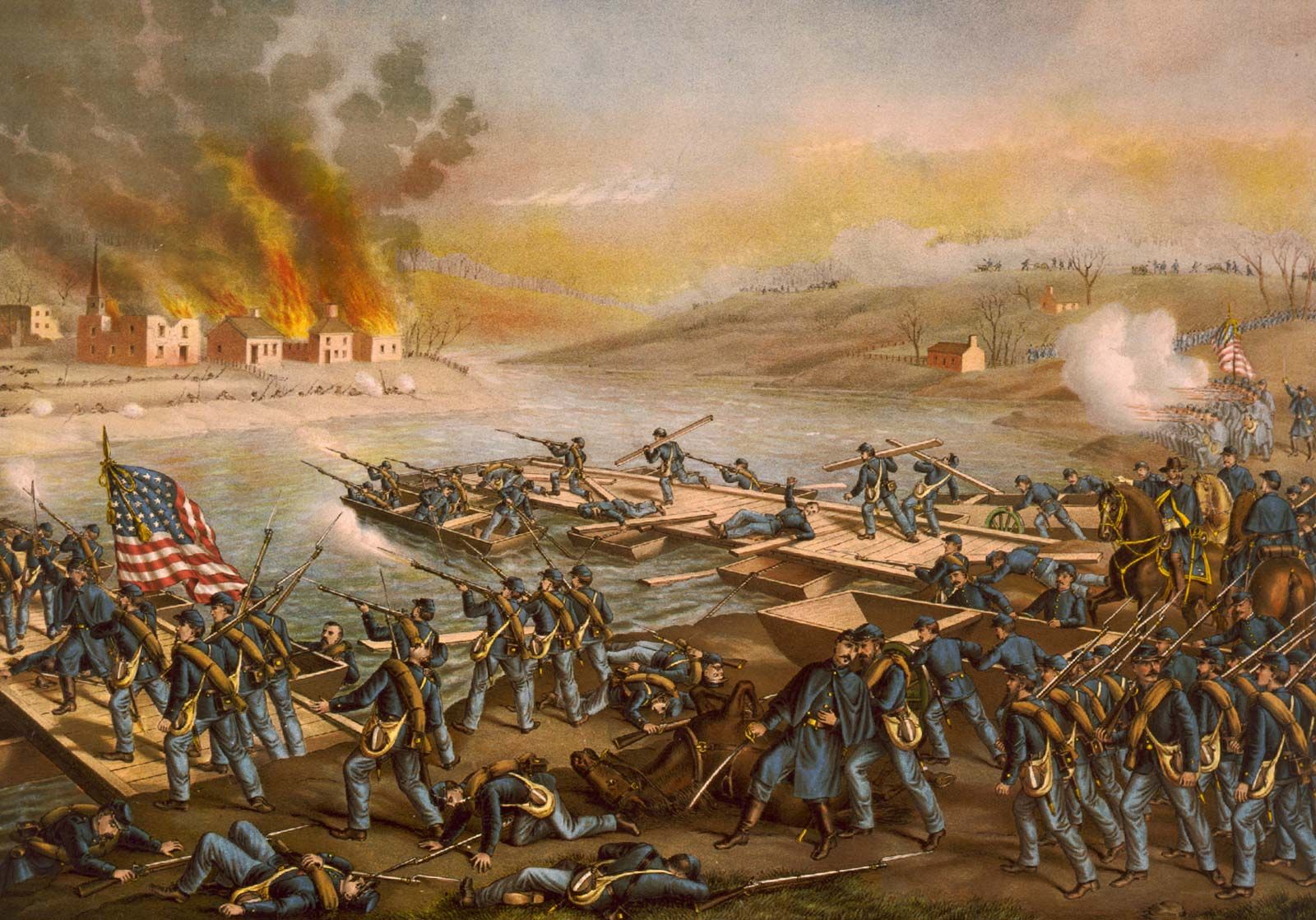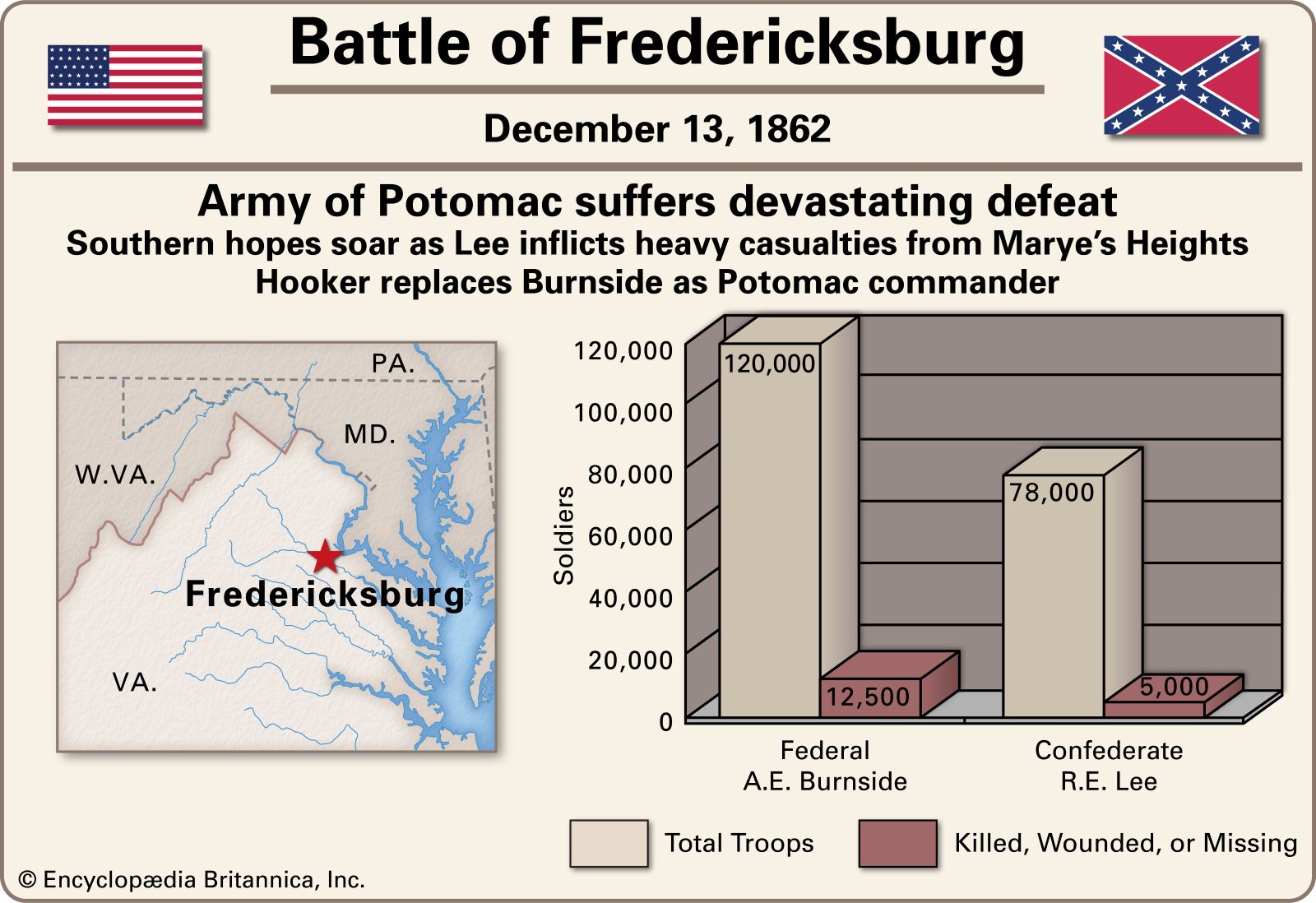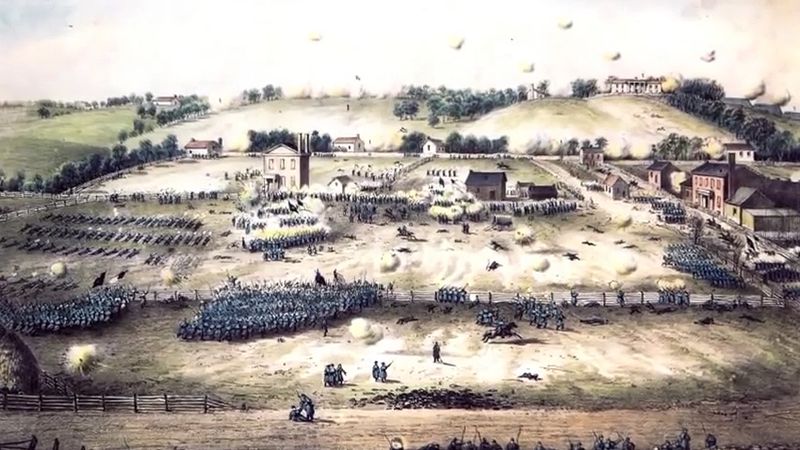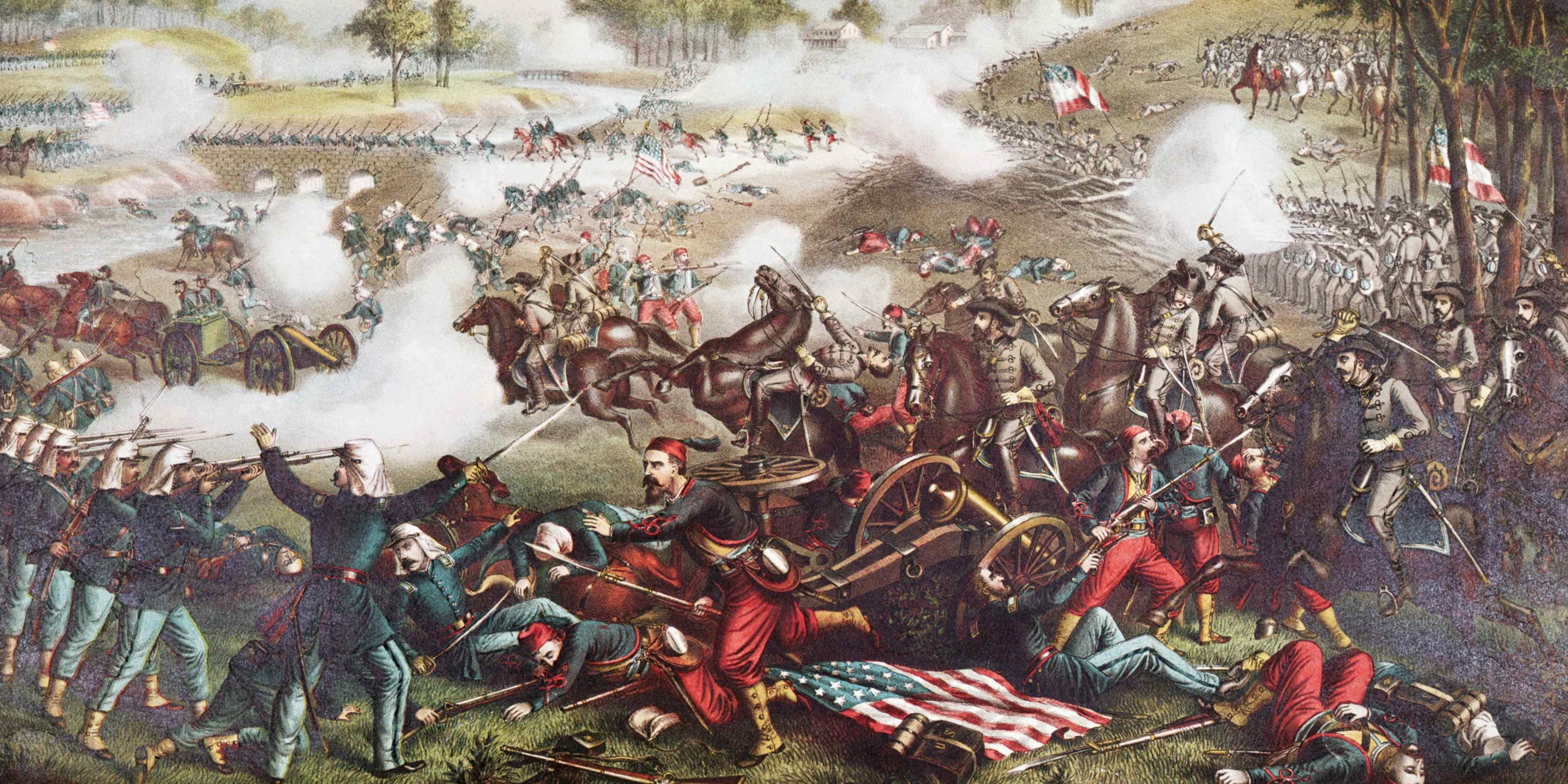Okay guys, buckle up. Today I deep-dived into what folks often call one of the absolute worst moments for the Union Army, right there in Virginia. Figured I'd walk you through exactly how I dug into this messy piece of history, step by messy step.
Starting Point: Hearing the Hype
First off, everyone talks about this battle like it's the prime example of the Union dropping the ball hard. I kept seeing references to it as a "colossal defeat" or a "disaster," especially early in the war. My goal was simple: figure out why it was so bad. What actually happened on the ground?
I started generic, honestly. Searched things like "biggest early Union loss," "Virginia battle disaster." Bingo – "First Battle of Bull Run" kept popping up, sometimes called First Manassas. That seemed to be the one everyone pointed to.

Setting the Scene: Oh Boy, Excitement!
So picture this, right? Early days of the Civil War, summer of 1861. North thinks this rebellion thing? Probably gonna be quick work. Just march down, smack the rebels around, head home for dinner.
- Everybody was overconfident , like crazy overconfident. Politicians, newspapers, even people in Washington D.C. were packing picnic baskets to go watch the show.
- They rushed McDowell (the Union commander dude) to get moving way before his army was ready. I mean, seriously untrained troops.
- The Union plan? Sounded straightforward on paper: march southwest, find Beauregard's Confederate army near Manassas Junction and beat 'em.
The March Out: It Started Badly
Okay, I read a bunch of diaries and reports. The actual march was a total cluster from the get-go.

- Troops were green as grass. Many had never fired their rifles. They just weren't drilled enough.
- Marching in July Virginia heat? Brutal. These city guys weren't ready. Men collapsing from exhaustion, equipment all over the place. Slow going, super disorganized.
- Confusion ruled. Orders got screwed up, troops took wrong turns. This sluggish, chaotic movement tipped off the Confederates they were coming. So much for surprise!
The Battle: Where Things Really Went Sideways
So finally, July 21st, they clash near Bull Run creek.
- Early Union gains… sorta. Yep, initially pushed the Confederate left. People back in Washington were already celebrating!
- But then… Stonewall Jackson stands like a wall. This part jumped out. On Henry House Hill, Jackson's Virginia brigade just would not budge. Seriously stubborn defense, gave Beauregard time to bring other units up.
- Confederate reinforcements arriving by train. Oh man, this was crucial! Johnston sent fresh troops from the Shenandoah Valley rolling in on the Manassas Gap Railroad. These guys hit the exhausted Union flank like a hammer.
- The famous "Rebel Yell." First time the Union troops heard it. Spooked the heck out of them. Panic started brewing.

The "Rout" – What Made it Infamous
This, right here, is why it became the defeat. It wasn't just losing the fight. It was the way they lost.
- Breakdown of command. Communications broke down completely. Units got isolated.
- Panic spread like wildfire. First one unit breaks… then another… then suddenly everyone’s thinking, "RUN!"
- The Retreat to Washington turned into a stampede.
- Confederates were disorganized too, couldn’t even chase them properly. But that Union army? Totally shattered. Morale, gear, reputation? Gone.
This is the image burned into history: green troops, terrified civilians with their picnics, artillery wagons, supply carts – all tangled up on narrow roads in a desperate, chaotic scramble back towards Washington. Soldiers discarding weapons, gear thrown away. Just pure, unadulterated panic.

Putting it All Together: Why "Worst Defeat"?
So, wrapping my head around why this battle earns that horrible title:
- Humiliation factor was off the charts. The picnickers fleeing with the army? The total disintegration? Massive national embarrassment for the North.
- Killed the "90-day war" fantasy stone dead. Northerners suddenly realized, "Oh crap, this is serious." Southerners got a huge confidence boost.
- Exposed glaring weaknesses: Terrible Union leadership (political and military), lack of training, poor logistics, nonexistent real intelligence. The Union war machine wasn’t just rusty; it barely existed.
- Psychological blow. It shook the belief that the Union army was inherently superior. Made the whole war feel way darker.
In the end, it wasn't always the bloodiest defeat, but the sheer, visible collapse – the chaotic retreat witnessed by politicians and civilians – burned it into history as a massive symbol of early Union failure. What a circus. You don’t get labeled “one of the worst” defeats for nothing.









